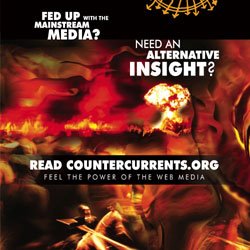Narendra Modi wins big in elections, vows to make India great (Video)
The Duran’s Alex Christoforou and Editor-in-Chief Alexander Mercouris discuss Narendra Modi big election victory in India. Prime Minister Narendra Modi retained a strong majority in India’s parliament, as his party delivered a “massive victory” against chief opponent Rahul Gandhi in the general election.
Modi follows the trend of patriotic nationalism that is sweeping the globe, as successful world leaders do away with globalism and focus their attention inward, towards their country and its citizens.





